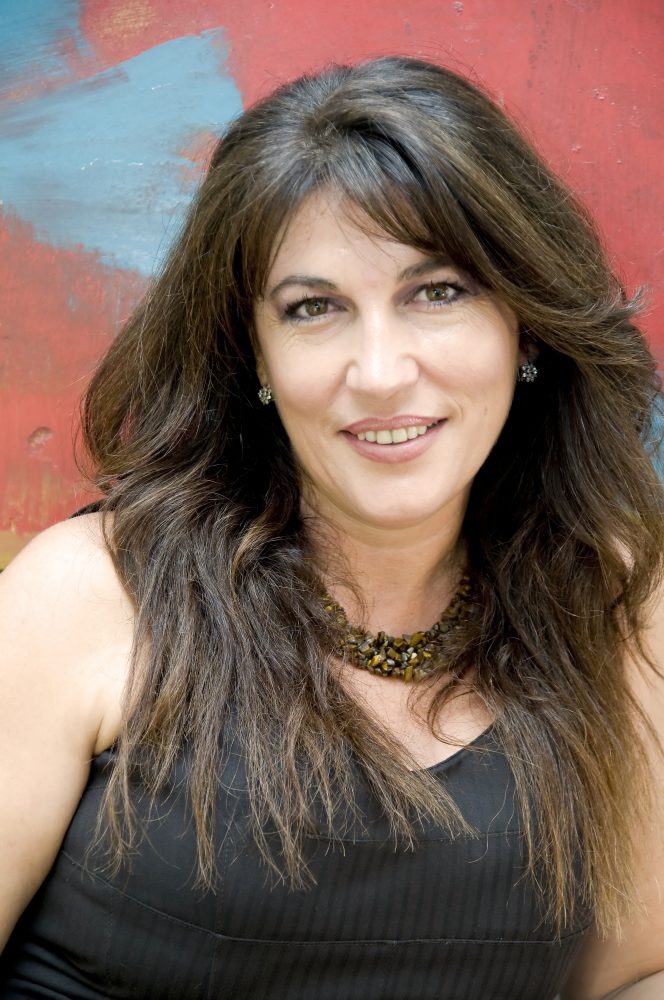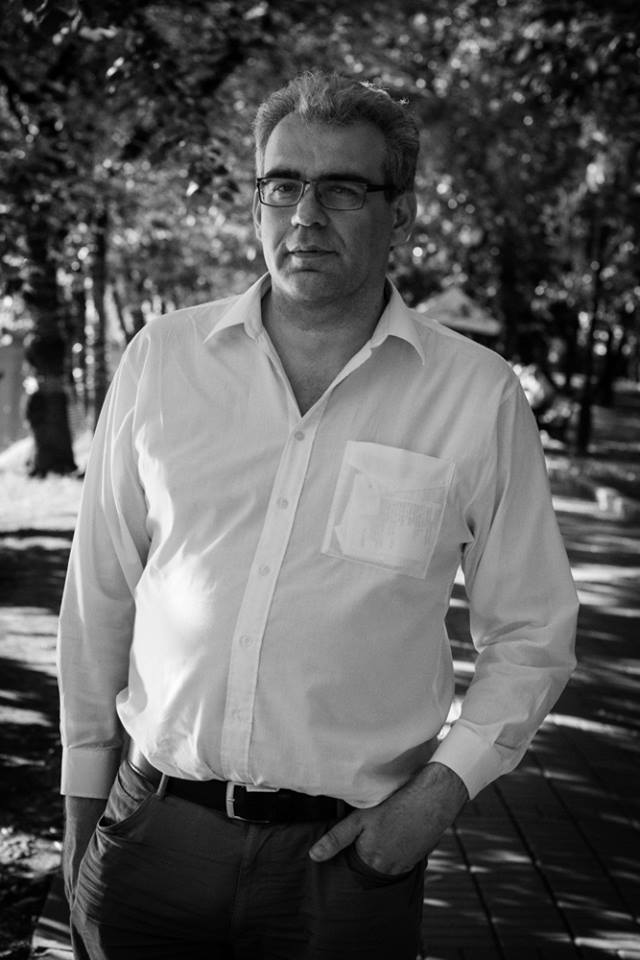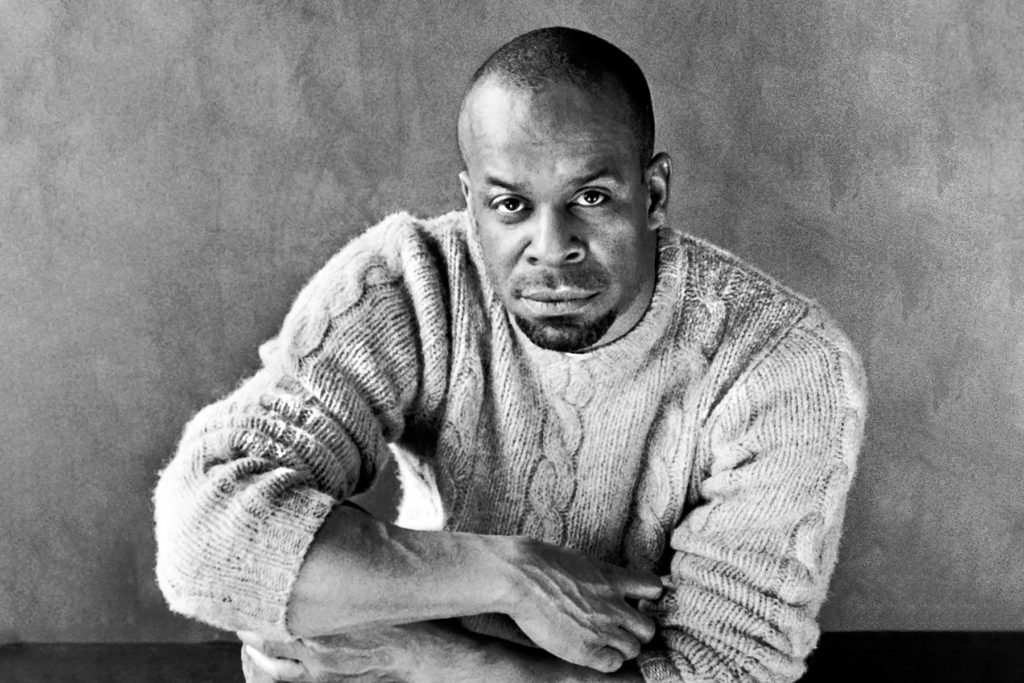River Boat Books is undergoing some fundamental changes in 2019 in order to publish more great books. One of those changes is that we have established an Advisory Board. Our inaugural Advisory Board is a group of men and women who support the efforts of RBB to publish books that will be read 100 years from now. They hail from all over the world. They are writers, critics, academics, and above all, readers. We thank them for joining us in our efforts to bring you great literature. Please take a moment to read the profiles of our inaugural Advisory Board members.
Robert Armagost

Robert J Armagost is an oil field worker and supporter of the Arts. Originally from La Crosse Wi. Currently living and working in Watford City North Dakota.
Quentin Brand

Originally from the UK, Quentin Brand has lived in Taiwan since 1998 where he works as a language and communications consultant to Fortune 500 companies, and as a freelance writer, translator and editor. He has published numerous text books for the Taiwanese and Mainland Chinese markets. He is a frequent reviewer for Kyoto Journal, and has contributed reviews to Open Letters Monthly in addition to being the proprietor of the literary blog The Lectern.
Herman “H.G.” Carrillo
Herman “H.G.” Carrillo (born 1960) was an Afro-Cuban American writer and Assistant Professor of English at George Washington University in Washington, D.C. Hache died in April 2020 from COVID and we will miss him dearly. His spirit, however, remains alive and well as a foundational aspect of the mission of River Boat Books. To honor my friend, we are going to create the H. G. Carrillo Literary Prize for Fiction beginning in 2022. Please also read my tribute to hache.
About Hache
Central to Carrillo’s writing is the Cuban immigrant experience in the United States.
Several publications have included his work, including The Kenyon Review, Conjunctions, The Iowa Review, Glimmer Train, Ninth Letter, and Slice. Hi areas of interest include fiction writing, U.S. Latino literature and visual culture, literature and culture of the 1960s, 20th- and 21st-century US literature, and gender studies.
Carrillo’s first full-length novel, Loosing My Espanish (Pantheon, 2004) addresses the complexities of Latino Immigration, religiously associated education, homosexuality, and lower class struggles from a Cuban immigrant’s perspective.
Carrillo received the Arthur Lynn Andrew Prize for Best Fiction in 2001 and 2003 as well as the Iowa Award in 2004. He has received several fellowships and grants, including a Sage Fellowship, a Provost’s Fellowship, and a Newberry Library Research Grant. He earned the 2001 Glimmer Train Fiction Open Prize and was named the 2002 Alan Collins Scholar for Fiction.
Anna Sadika Shook

Anna Sadika Shook was born in West Virginia, raised in Oregon since the age of 4, Anna learned to read at age 3 and has been reading ever since. After studying French and Spanish literature as an undergraduate, she joined the U.S. Foreign Service and served at embassies in Tunisia, Saudi Arabia and Nigeria.
She lived in Egypt with her Egyptian first husband and two children for several years after that, returning to the US and her hometown of Portland, Oregon in 2006.
She loves discussing books and ideas on the Internet almost as much as reading fiction, spending her non-reading time working in local government, playing board games with family and friends, and playing the Irish folk harp purely for fun.
David M. Vardeman

David Vardeman is a native of Iowa and a graduate of Indiana University Southeast and the University of Iowa Writers’ Workshop. His short fiction has appeared in Little Patuxent Review, Writing Tomorrow, Sand: Berlin’s English Literary Journal, Whiskey Island, Printer’s Devil Review, Dukool, Five;2:One, Mystery Weekly, Chariton Review and various online journals. His first book, a novella and 13 short stories titled An Angel of Sodom, was published by Corona/Samizdat in September 2020.
Clare Vassallo

Clare E. Vassallo is a professor of Philosophy, Linguistics and English Literature. She pursued her interest in the interface of these three areas at the Istituto di Comunicazione, University of Bologna, Italy where she obtained her Ph.D in Semiotics under the tutorship of Prof. Umberto Eco. The emphasis of her research was in the field of Semiotics as literary and cultural theory and as theory of knowledge.
She is currently Associate Professor of Semiotics and Translation Studies in the Department of Translation Studies at the University of Malta. She teaches postgraduate courses in the Department of Translation Studies and in the MA Program on Popular Culture and Literary Tradition. Her courses include Translation History and Theory; Pragmatics, Semantics and Semiotics; Literary Translation; among others.
Her professional experience includes a two-year appointment as Chairman of the Public Broadcasting Services (PBS) for National Television and Radio between 2008-2010, and concurrently as Chair of the Eurovision Song Contest. She previously served as a member of the PBS Board of Directors from 2000-2003, and 2007-2008.
She was appointed Judge for the National Book Prize 2010, 2011 and 2012, and has been both Judge and Chair of the Panel for the Malta Press Club Award to Journalists (IGM), the Gold Award and the Award for Travel Journalism.
She guest edited a Special Issue of the journal Semiotica, titled “Umberto Eco’s Interpretative Semiotics: Interpretation, Encyclopedia, Translation,” De Gruyter Mouton, 2015, vol. 206, issue 1/4. Her focus is currently in literary translation and she’s just translated Pierre Mejlak and Trevor Zahra’s short stories from Maltese (both published by Merlin Books, Malta).
Giuliano Vivaldi

Giuliano Vivaldi is a still thankfully obscure blogger, curator, writer and translator of disparate texts on the oblique worlds of Russian documentaries, dissident dialecticians (such as Evald Ilyenkov), murky multilingual Argentinian diaspora figures and their solitary life spent with garrulous cats (such as Juan Rodolfo Wilcock). He is the yet to be author of studies on prolific, profligate and peripatetic film directors (such as Boris Barnet), and of forgotten and peripheral Russian cultural landscapes outside of the main capitals (to be entitled Elektrichkaland), and a yet to be formulated mythopoeic study about the triangular cultural topography of Trieste, Buenos Aires and Odessa. Some of the scattered fragments of his work have appeared in the form of reviews and commentaries in his various heterogeneous blogs and in the pages of Senses of Cinema, Bright Lights Film Journal, Calvert Journal, Desist Film, Historical Materialism, the blog of the publisher Verso and in Russian journals such as the New Literary Observer, Open Left and Stasis. He has curated Russian documentary film events, a retrospective on Pier Paolo Pasolini and will soon bring diverse photographic collections on Russian hinterlands to be exhibited in the UK and elsewhere. He earns his precarious existence as a translator of film scripts and subtitles (about thirty in total), political and philosophical texts which have appeared in a range of magazines and journals and has recently translated the writings of Russian art critic, cultural commentator and political thinker, Ilya Budraitskis for Verso Books.
Giuliano Vivaldi has a sneaking suspicion that his permanence in this Russian suburban town has something to do with his reading since the age of fourteen (when an anonymous older woman in a bookshop recommended him to read Sartre’s Nausea); at fifteen a sociology teacher at a school located in Brighton’s deprived Whitehawk district gifted him Paolo Freire’s Pedagogy of the Oppressed and Knut Hamsun’s Hunger and widely offered the sage advice to other pupils that whatever they did they should never follow the example of Giuliano Vivaldi. Before dropping out of his first university degree at Cardiff, he discovered the multiple poetic universes of Fernando Pessoa. Future chance encounters led him to read authors as diverse as Jean Genet (in French railway stations), Louis Ferdinand Celine (in hospital wards he neglected to clean while working as a hospital porter), Joseph Roth, Danilo Kiš, Elsa Morante and Cesare Pavese (in a dull, northern Italian town where he spent six weeks in a hotel room alongside a rather dreary conventional conservative and a deranged architect’s son paid for by the European Union), Joseph Conrad (read while sat in factory toilets avoiding the insanity of the assembly line), Pier Paolo Pasolini and Dino Campana (treasured authors which accompanied him on fruit picking jobs in Northern Italy and Southern France), Cesar Vallejo (discovered in Trieste but only fully enjoyed while learning Spanish in Barcelona and then Salamanca), Roberto Arlt (a major discovery in Trieste in the early 1990s leading Giuliano Vivaldi to travel to Rome and Barcelona in search of Italian translations and the Spanish language originals). Sojourns in Barcelona and then Salamanca would also lead him on to the works of Juan Marse’ and extend his interest in Juan Goytisolo as well as a whole host of Latin American authors. Returning to Brighton, Daniil Kharms was introduced to him by a fellow casual worker and PhD student at the post office, Sadegh Hedayat’s The Blind Owl was a gift from a Cambridge University dropout who fled to Afghanistan rather than be subject to the noxious routines of British elite universities. A Polish musician, Solidarity activist and exile would introduce Giuliano Vivaldi in the early 1990s to the poems of Czeslaw Milosz when they worked together preparing truly noxious airplane meals near Gatwick Airport. Ricardo Piglia was an author read at nights during his year in the Siberian city of Novokuznetsk while by day his second floor khruschevka would rock with the sounds of Uralian and Siberian punk classics, Giuliano Vivaldi had an obsessive penchant for listening to the music of Yanka Dyagileva at home when not teaching English in this industrial megapolis (teaching his students the lyrics of Tom Waits and the Tiger Lilies). During Giuliano Vivaldi’s first trip to Russia he would devour the works of Jorge Semprun and during his train trips from Moscow to Western Siberia he devoured books such as Victor Serge’s The Case of Comrade Tulaev. On the grimy elektrichkas (the characteristic local trains of Russia) of the Moscow Region Henri Lefebvre’s Introduction to Modernity would be his most memorable narcotic along with tens of Russian authors who it would be impossible to do justice to here. Suffice it to say that he is almost as fond of Ilya Ehrenburg’s Julio Jurenito and The Stormy Life of Lasik Roitschwantz as he is some of Roberto Arlt’s writings. The poems and living example of Velimir Khlebnikov, that Chairman of the Terrestrial Sphere, also helps Giuliano Vivaldi maintain his belief in human genius and human sanity. His most recent literary discovery is Alexandra Petrova’s wonderful long migratory novel Appendix (he published a review in Russian in 2017 for one of Russia’s most prestigious literary reviews)– Petrova’s novel is a true masterpiece that deserves a global readership.

